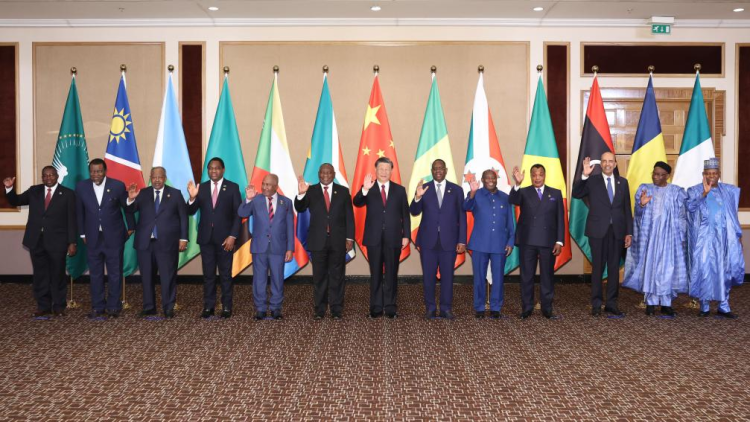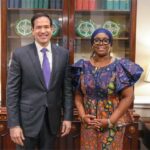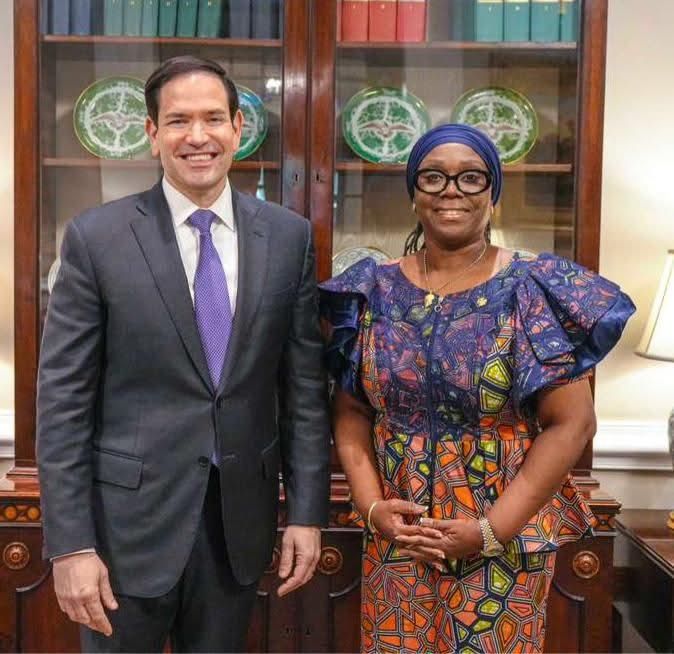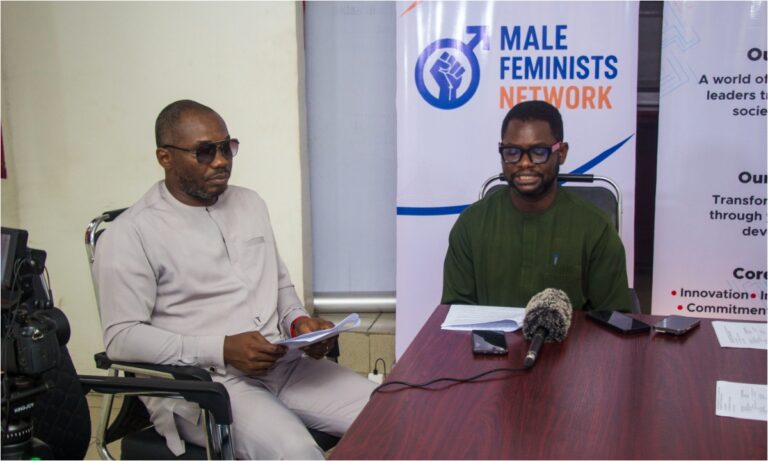
KIGALI, Oct. 18 — African experts and researchers on Friday hailed China-proposed global initiatives, saying they could foster lasting peace and prosperity across Africa.
They made the remarks during a half-day webinar with the theme: The Benefits of China’s Four Global Initiatives to Africa. Organized by the Africa-China Review in collaboration with the Chinese Embassy in Rwanda, the webinar drew academics, experts, researchers and media professionals from China and Africa.
Moderated by Gerald Mbanda, China-Africa Review founder and researcher, the forum deliberated on the tangible benefits of embracing the four global initiatives for Africa in particular and the rest of the world at large.
Over the years, China has proposed four initiatives: the Global Development Initiative (GDI), the Global Security Initiative (GSI), the Global Civilization Initiative (GCI), and, more recently, the Global Governance Initiative (GGI).
Virgile Rwanyagatare, director general in charge of Asia, Pacific and Middle East Affairs at Rwanda’s Ministry of Foreign Affairs and International Cooperation, said the GDI is having a great impact on the UN Sustainable Development Goals by placing renewed emphasis on development at the heart of global cooperation.
“In Africa and Rwanda in particular, the GDI provides a framework to bridge gaps in financing, technology and capacity building. It promotes practical cooperation in eight key areas, including poverty reduction, food security, industrialization, digital economy, green development, connectivity, health and education,” he said.
Rwanyagatare, who represented the Rwandan foreign minister at the event, said China’s support under the GDI framework complements Africa’s efforts to achieve inclusive growth and resilience.
Talking about the GSI, the official said it promotes a shared, comprehensive, cooperative and sustainable vision of security while advocating for the resolution of conflicts through dialogue and partnership instead of confrontation.
“For Africa, as a continent that continues to face insecurity in some regions, cross-border conflicts and emerging cyber threats, the principles of the GSI resonate deeply.
They align with the African Union’s Agenda 2063, Silencing the Guns,” he said. China remains Rwanda’s leading source of foreign direct investment and a trusted partner in the country’s journey toward achieving the Vision 2050 goals, which aim to transform Rwanda into a high-income country.
Rwanyagatare hailed China’s contribution to UN peacekeeping operations in Africa and its cooperation with African countries in areas such as counterterrorism, disaster response and cybersecurity under the GSI.
These efforts, he said, demonstrate shared responsibility for global peace and stability.
On the GCI, Rwanyagatare said the African continent, with its rich cultural diversity and heritage, believes the initiative offers a powerful platform to promote people-to-people exchanges, cultural diplomacy and educational cooperation.
He reaffirmed Rwanda’s “unwavering commitment to strengthening its excellent relations with China through active engagement in the implementation of the four global initiatives for the benefit of our people.
” Frederick Golooba-Mutebi, an independent researcher and analyst, said that the GGI has the opportunity to redress the imbalances, inequities and injustices of the current international governance system.
He said Africa need not be distracted by skeptics from the West regarding their perception of the GGI.
“There is no question that developing countries have long been victims of the way in which the global governance system is currently structured and how it operates.
There is therefore no doubt that there is a widespread desire to see it reformed so that it can serve everybody equally,” said Golooba-Mutebi.
Chinese Ambassador to Rwanda Gao Wenqi said that the initiatives have gained recognition from the international community, particularly among developing countries, because of the tangible outcomes they have yielded.
He reaffirmed China’s commitment to a shared future for humanity. Ismael Buchanan, a lecturer in the Department of Political Science at the University of Rwanda, said that the initiatives aim to address global challenges and promote a shared future for mankind.
They form an interconnected organic whole, and all four do not exist in a vacuum or in isolation, he said. (Xinhua)
Post Views: 2








